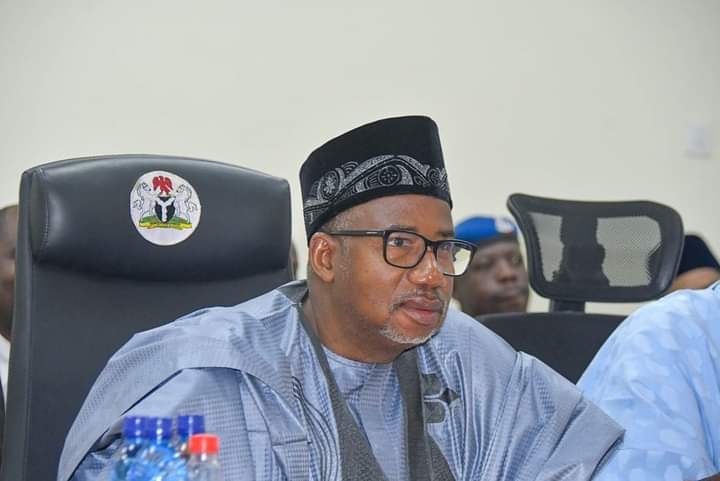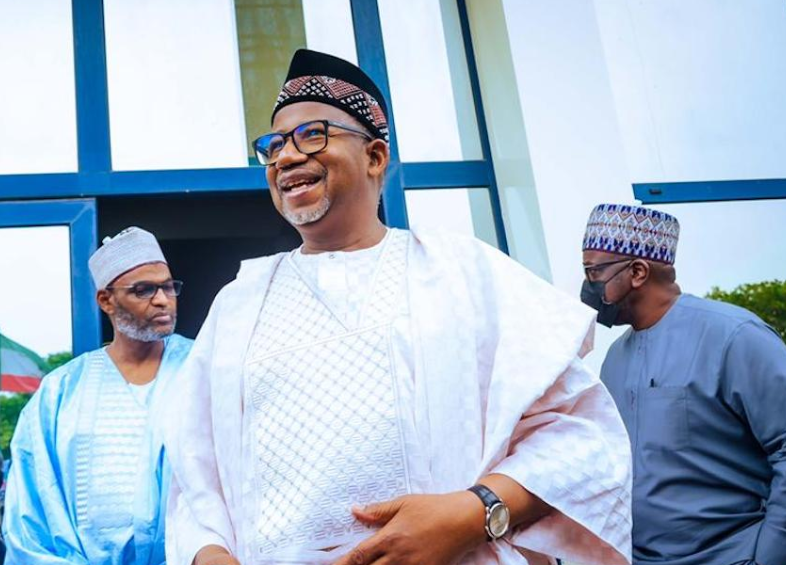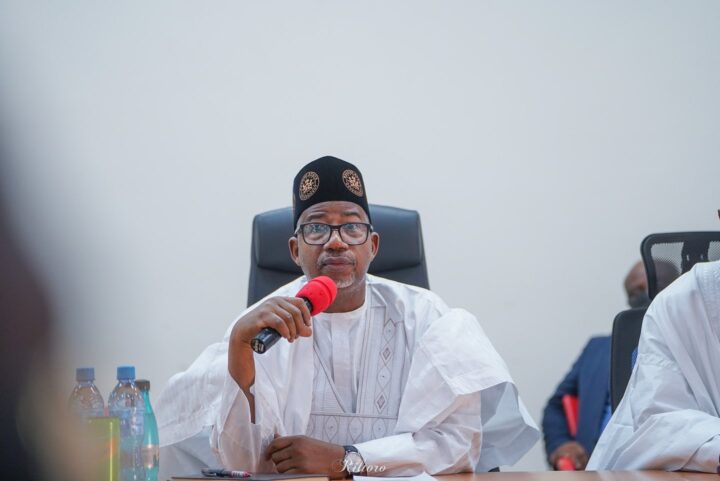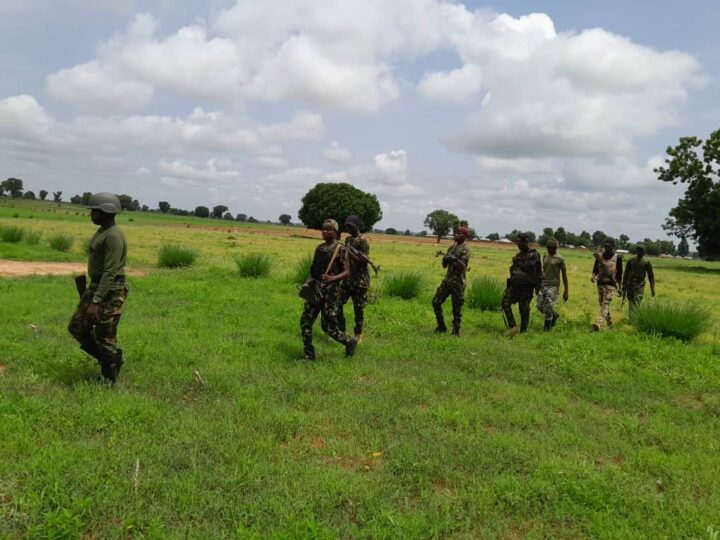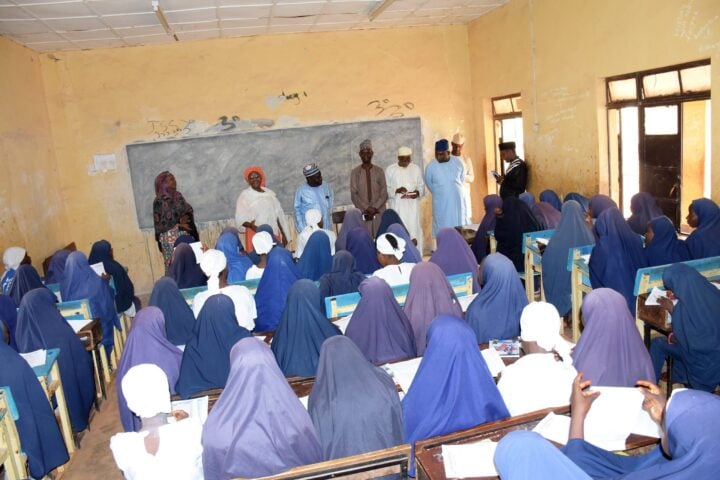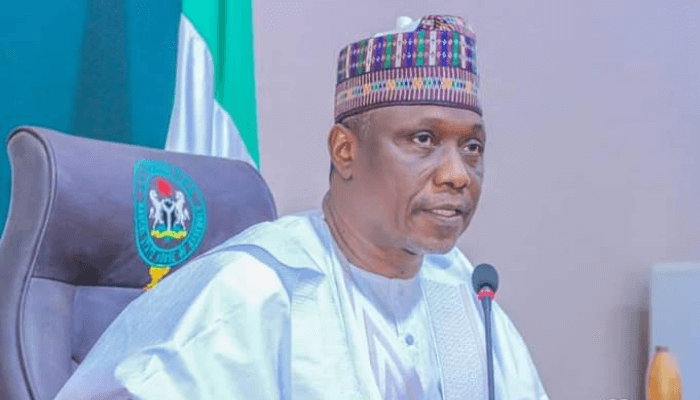Bala Mohammed, governor of Bauchi state
The Bauchi government says it has earmarked N2 billion for the purchase of 88,889 bags of rice for distribution to vulnerable persons in the state.
Speaking at a news conference on Monday, Hajara Wanka, Bauchi commissioner for humanitarian and disaster management, said the state has received N2 billion out of N5 billion approved by the federal government.
Wanka said women and people with disabilities (PWDs) in the state will benefit from the palliatives.
“Gov. Bala Mohammed had directed the palliative sharing committee to come up with the best ways that the most vulnerable people will benefit,” NAN quoted Wanka as saying.
Advertisement
The commissioner added that the committee has also drafted the sharing formula for the remaining N3 billion.
She said the committee proposed N500 million to be released to the state pension board and N300 million to the local government pension board for payment of gratuities.
“To those in active service, they have been owed for about 12 years, specifically, the leave grant,” she added.
Advertisement
“It has been agreed that the sum of N680 million is earmarked for the payment of leave grant of 2023.
“Health workers are not left out. We have health volunteers across the state and 1,000 of them will be given unconditional cash transfers for six months totalling N60 million.
“One of the most vulnerable targets which is the people living with disabilities, women social development workers and non-partisan women groups would also be considered.
“They will also be given unconditional cash transfer to the tone of N325 million.”
Advertisement
Wanka said that N76 million has been allocated for payment of unconditional cash transfers to the youths, adding that proactive measures had been evolved to ease transportation difficulties experienced by students.
She said 10 new buses would be purchased and deployed in the Bauchi metropolis, Azare, Ningi and Misau.
“We suggested a model for sharing and we proposed for consideration of the numbers of polling units as communities because it is through polling units that you will get to the grassroots and reach the deserving population,” the commissioner said.
“To avoid anything political in the distribution process, it will be headed by traditional and religious leaders and monitored by the local government authorities.”
Advertisement
Advertisement
Add a comment
